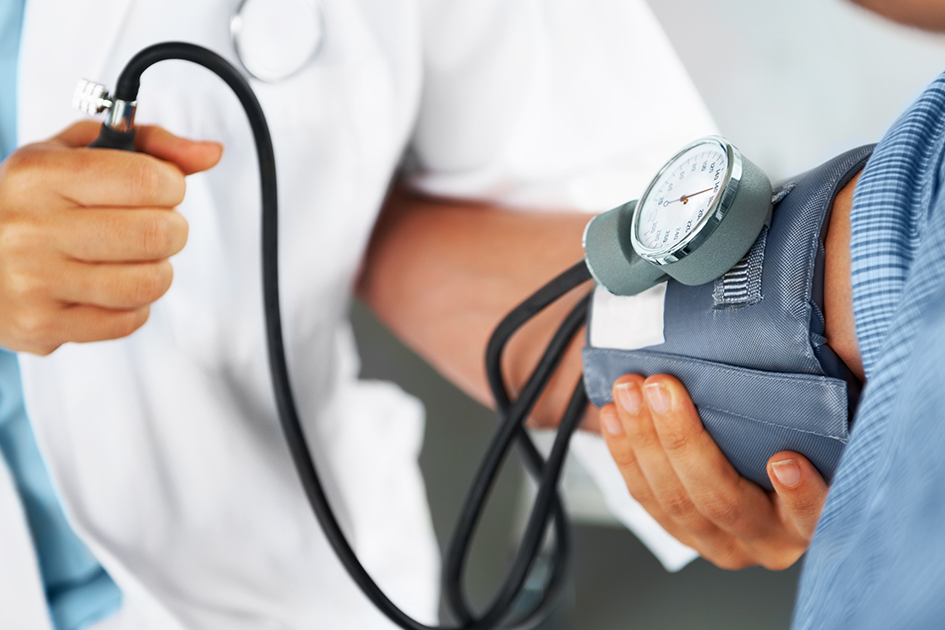Electrocardiogram
An electrocardiogram, also known as an ECG or EKG, is a simple, painless test that measures and records the electrical activity of the heart, such as the heart rate and rhythm.
What is an electrocardiogram?
Every heartbeat is triggered by an electrical signal (or impulse) that begins in the upper chambers at the top of the heart and travels to the lower chambers at the bottom of the heart. This impulse causes the heart muscle to squeeze (or contract) and pump blood from the heart. For the heart to pump blood efficiently, all four chambers must work together and pump at the correct time. Heart problems may affect the electrical activity of the heart, and an ECG/EKG test can help your doctor determine how your heart is performing. An ECG/EKG evaluates how fast the heart is beating, the rhythm of the heartbeat, and the timing of the individual heart chambers as they contract.
There are several variations of the ECG/EKG:
- 24-Hour Holter Monitor or 30-Day Event Monitor: A small, wearable device that records ECG/EKG tracings for anywhere between 24 hours and 30 days depending on the device used
- Exercise Treadmill: Electrodes are placed on the body to record ECG/EKG tracings while the patient exercises on a treadmill
- Signal-Averaged Electrocardiogram: A more detailed type of ECG/EKG that consists of multiple ECG/EKG tracings obtained over a period of 15 to 20 minutes to help capture abnormal heartbeats that may only occur intermittently
Why is an electrocardiogram performed?
Your doctor may recommend an ECG/EKG if you are experiencing symptoms or signs that may suggest a heart problem.
Common signs and symptoms of a heart problem may include:
- A feeling that the heart is beating unevenly or irregularly
- A pounding, racing, or fluttering heart
- Chest pain
- Difficulty breathing
- Feeling tired or weak
- Heart murmur (detection by your doctor of extra sounds heard throughout the cardiac cycle due to increased blood flow)
An ECG/EKG can help your doctor:
- Check the heart’s rhythm after a procedure, such as a cardiac catheterization, heart surgery, or electrophysiology study
- Check the heart’s rhythm before a procedure, such as a cardiac catheterizations or surgery
- Get a baseline tracing of the heart's electrical activity
- Monitor the effects of certain heart medications
What can I expect during an electrocardiogram?
An ECG/EKG normally takes 5 to 10 minutes. To perform an ECG/EKG, a technician will place electrodes (small plastic stickers), on the patient's chest, arms, and legs. These electrodes are connected to an ECG/EKG machine by small clips and wires. The machine will then begin printing out the recorded electrical activity of the patient’s heart for your doctor to review. When an ECG/EKG is being performed, it is important for the patient to lie as still as possible. Once the tracing is complete, the technician will disconnect the wires and remove the electrodes.
Care Team Approach
Patients are cared for by a dedicated multidisciplinary care team, meaning the patient will benefit from the expertise of multiple specialists across a variety of disciplines. Our board-certified and fellowship-trained heart surgeons have extensive experience treating patients with heart disease and vascular disorders and work alongside a team of cardiac experts, including cardiologists, interventional cardiologists, electrophysiologists, critical care specialists, hospitalists, anesthesiologists, perfusionists, nurses, advanced practice providers, social workers, psychologists, child life specialists, dietitians, physical and occupational therapists, pharmacists, and more, providing unparalleled care for patients every step of the way. We collaborate with our colleagues at the Dell Medical School and The University of Texas at Austin to utilize the latest research, diagnostic, and treatment techniques, allowing us to identify new therapies to improve treatment outcomes. We are committed to communicating and coordinating the patient’s care with referring physicians and other partners in the community to ensure that we are providing comprehensive, whole-person care.
Learn More About Your Care Team

Institute for Cardiovascular Health
Ascension Seton Medical Center - Main
1201 W. 38th St., Austin, TX 78705
1-512-324-3028
Get Directions

Texas Center for Pediatric and Congenital Heart Disease
Dell Children's Specialty Pavilion
4910 Mueller Blvd., Austin, Texas 78723
1-855-324-0091
Get Directions